It is November 3, 1920, the day after the US presidential election.
For the first time in eight years, Republicans control the White House and both chambers of Congress.
Nay-sayers and obstructionists have been given the keys to the car.
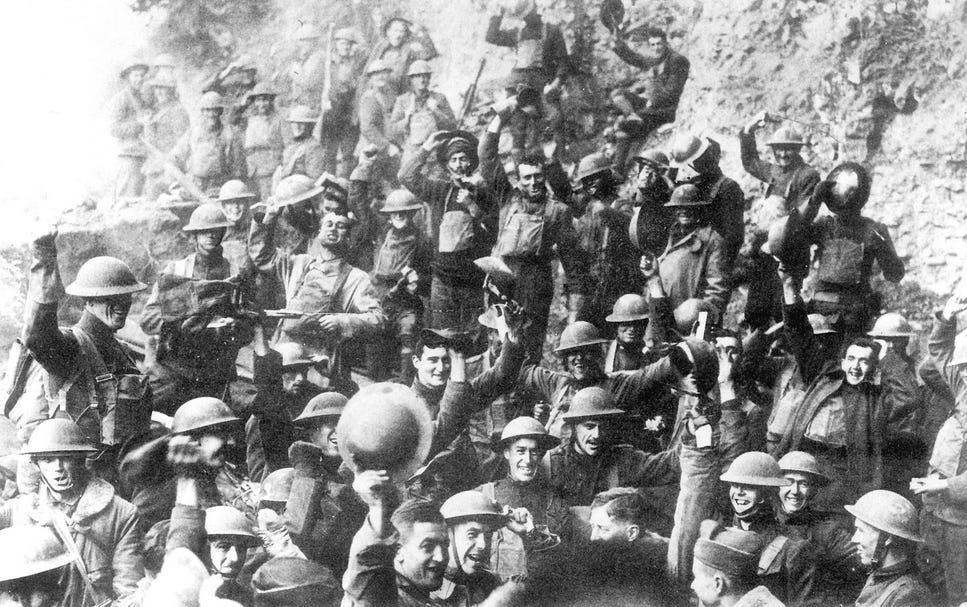
The First World War, which had claimed almost 117,000 Americans, is over.
And the people have chosen between competing prescriptions for maintaining the peace.
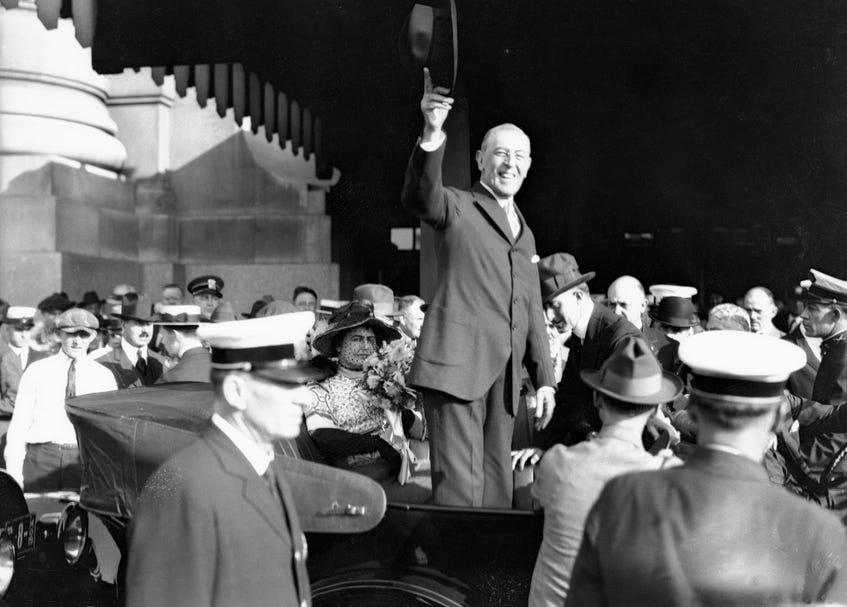
Democrats had said peace could be maintained best by the new League of Nations, with the US playing a leadership role.
Republicans had opposed the League and any US involvement in international affairs outside of the Western Hemisphere.
‘Membership in the League would drain the US of funds needed for its own defense and would entangle the US in European affairs,’ they had said.
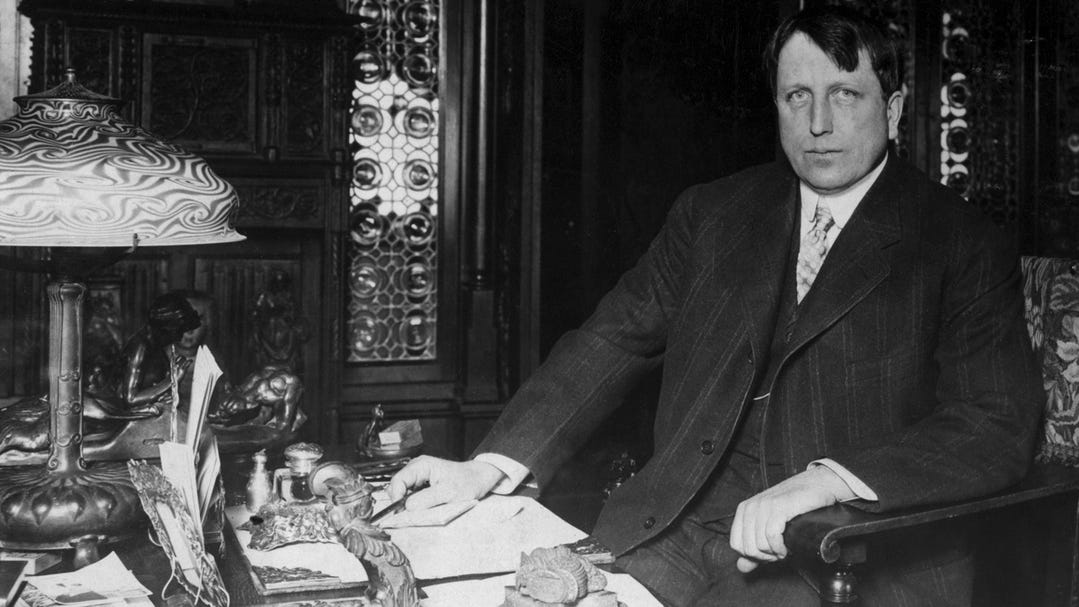
While the public had initially supported US membership in the League, this support waned under the attacks of Republicans and their sympathetic press, led by newspaper publisher William Randolph Hearst.
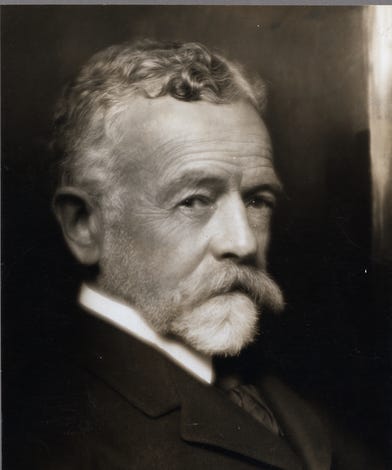
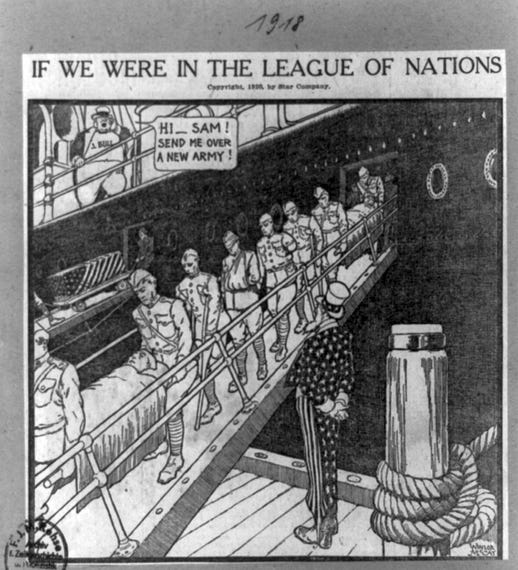
And in March 1920, the Senate rejected the League treaty.
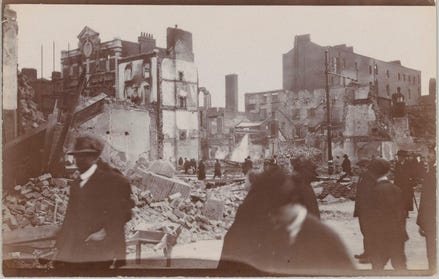
At the time, the most pressing international matter was the struggle of forces within Ireland who sought independence from Britain.
They had been waging a guerilla war against the British Army for four years.
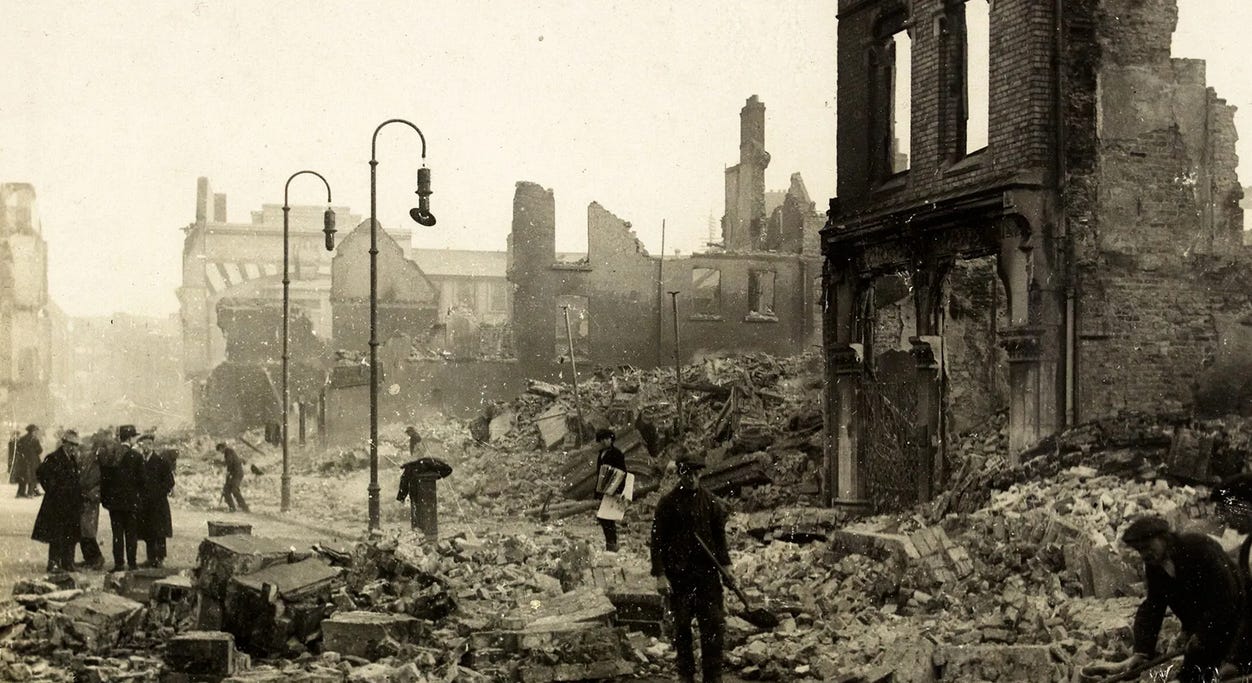
In Ireland’s south and west, British rule had collapsed with the election to local government of Irish republicans demanding independence.
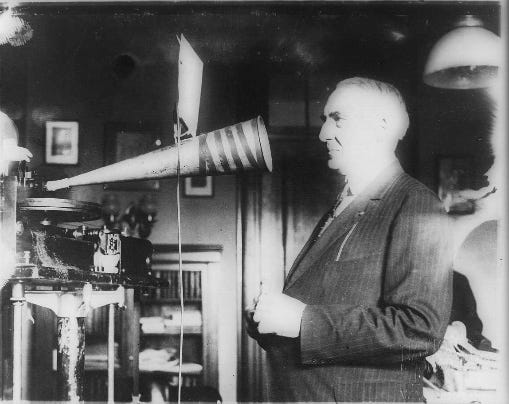
The November election had pitted Republican Senator Warren Harding against Ohio’s Democratic Governor James Cox.
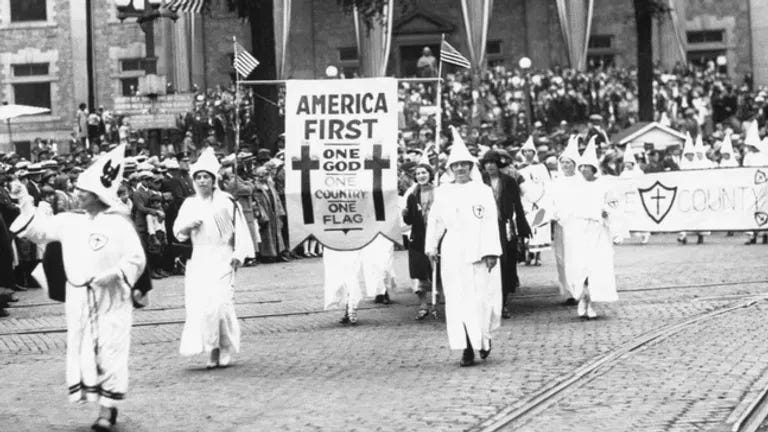
Harding’s campaign motto was “America First,” the rally cry the KKK used in its campaign against immigration.
And the Republicans won in a landslide.
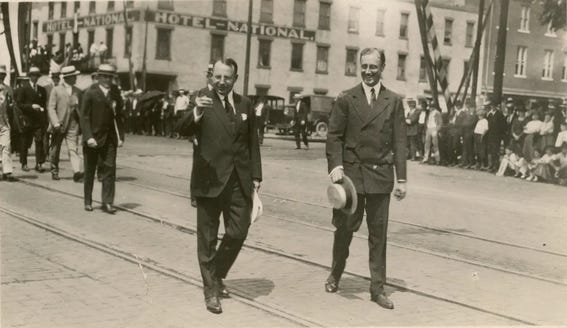
The chairman of the Democratic National Committe conceded the election on behalf of the Democratic candidates at 11:00 pm on election night.
In his concession statement, the chairman addressed Republican campaign distortions:
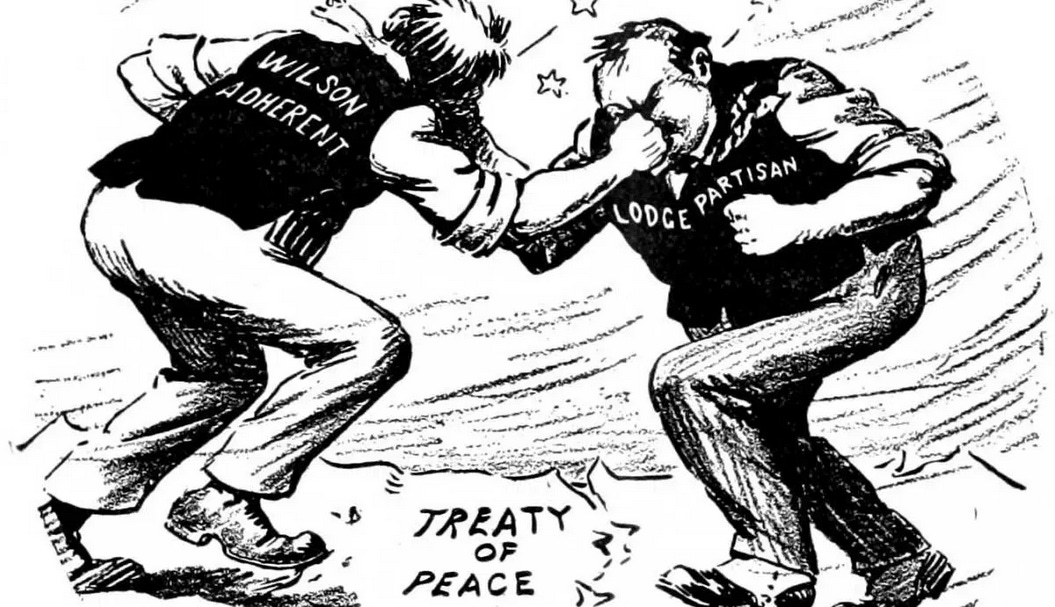
“The abandonment by some of the most prominent Republican leaders of the very League of Nations which they helped to construct has been successful.
The people have succumbed to the confusion wrought by these distinguished men
and to the misrepresentation of those who would not and did not understand the League of Nations.
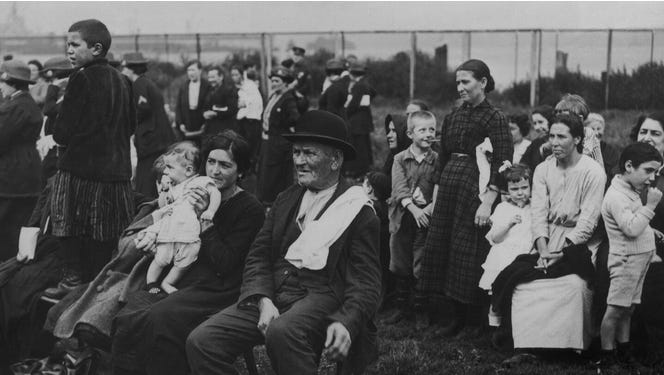
The fate of Irish freedom has been settled adversely.
Men and women of Irish blood have voted for the candidate who has declared the Irish question to be a domestic problem of Great Britain,
in which we can have no official concern.
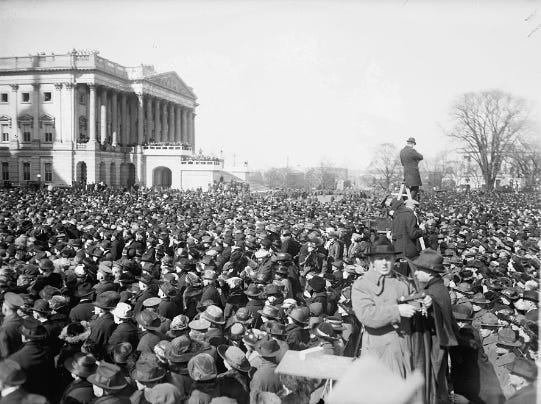
For the first time in eight years the Republican Party is face to face with the task of constructive legislation.
They must change a negative record into a positive,
and in this task, they have the best wishes of all who love their country.
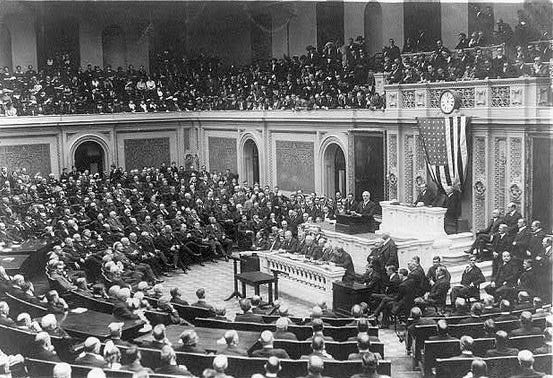
No one has any occasion for bitterness or recrimination.
What the whole people decide the whole people must accept.
The Democratic National committee abides by the result cheerfully, if with foreboding.”
So, here we go again.
But this time not so cheerfully.
And with plenty of foreboding.
******************************
I’ll see you tomorrow.
— Brenda
Quoted text from the New York Times.















Share this post